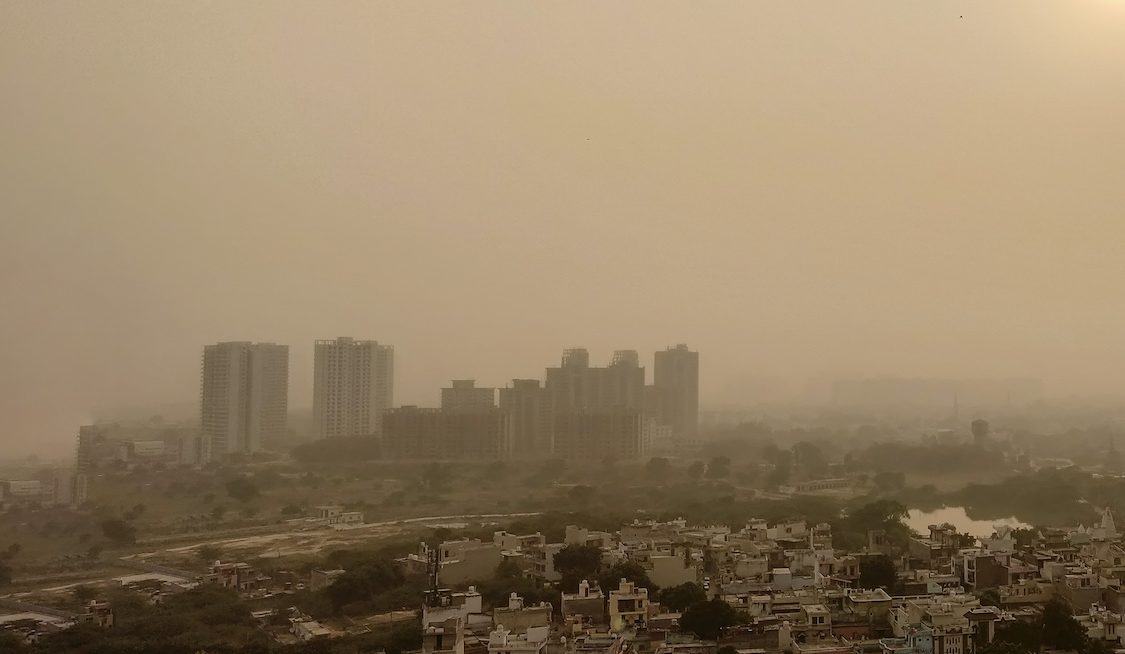Following the Supreme Court’s 2007 decision in US EPA vs. Massachusetts, the federal government has been required to issue at least some regulations to reduce greenhouse gas emissions, but it lacked consistent estimates of the social costs of greenhouse gas emissions with which to inform its judgments. In 2009, therefore, the Obama administration issued a temporary social cost of carbon (SCC), and formed an interagency working group tasked with developing a robust SCC, based on the best available science and economics. The work was completed in 2010 and then successively updated in 2013. Rapid scientific and economic advances in the last decade mean that there is now an urgent need to update the SCC, as called for in the Biden administration’s Executive Order, “Protecting Public Health and the Environment and Restoring Science to Tackle the Climate Crisis.”
The Climate Impact Lab set out to solve this challenge seven years ago by forming a team of climate scientists, economists, and data engineers. We are integrating historical, real-world data and cutting-edge economics to produce the world’s most detailed quantification of the global impacts of climate change, sector-by-sector, and community-by-community. The team of more than two dozen researchers has developed evidence-based, localized impact information for 24,378 regions around the globe—from U.S. counties to Chinese provinces.
Consistent with 2017 recommendations from the National Academies of Science, Engineering and Medicine, the Climate Impact Lab’s empirical global SCC estimates account for both direct damages from climate change and indirect costs of adaptation to avoid further climate change losses. Crucially, this granular research also makes it possible for policymakers to assess the disparate impacts of climate change both within countries and across countries. For policymakers increasingly reckoning with how to address inequality, use of the Climate Impact Lab’s SCC in regulatory analysis will be a powerful tool for curbing the widening inequality that climate change threatens to exacerbate and will ensure that federal climate policy relies on the best available science.
In these comments, submitted this week to the White House Office of Management and Budget, the Climate Impact Lab identifies important factors that the Biden administration should consider in developing updated estimates of the SCC.



